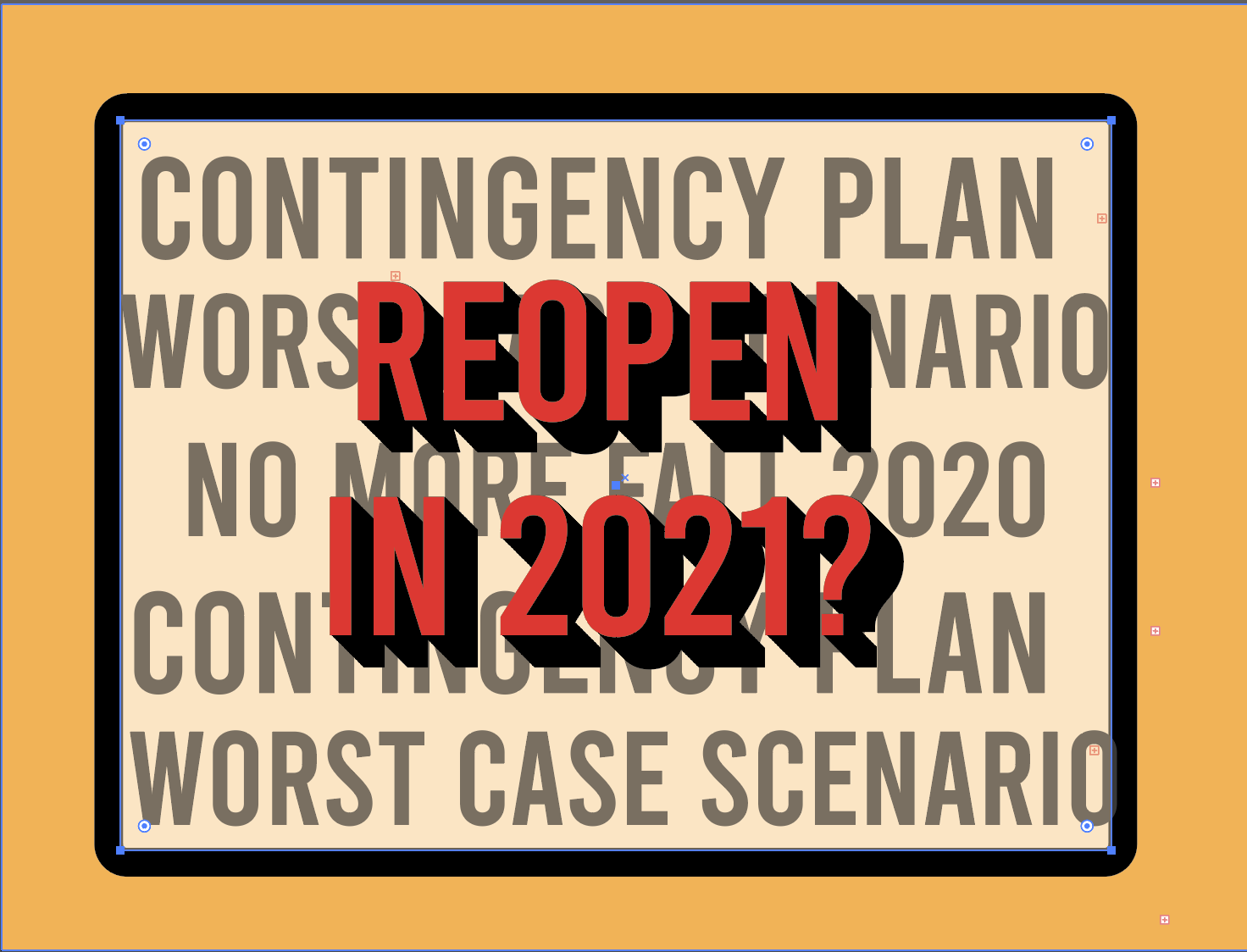Numerous media outlets reported that COVID-19 could keep Boston University closed until 2021 earlier this week. While a January 2021 reopening is a possible outcome, it is above all a contingency plan — a worst-case scenario. However, headlines did not convey that message, ultimately reaching and upsetting students and their families. These journalists took advantage of poor reader habits to spread misinformation.
While they technically reported the truth, how they did so opposed the goal of fully informing readers. As journalists, they absolutely know that it’s not just content that matters, but how that content is portrayed. Limited headlines like “Boston University may cancel in-person classes until 2021” and phrases such as “already cancelled” heavily suggest the 2021 opening is the primary plan. There is an enormous difference between “prepared” and “might not go back at all.” Subsequently, readers will come away with an inaccurate conclusion and spread it among their peers.
The spread of misinformation is especially pervasive because, sadly, the average reader does not carefully peruse news articles. Media outlets are extremely aware of this. Yet, instead of spotlighting the main news — there being a recovery plan in place — they only reported on the worst possible case. That formulation was purposeful and it exploited people’s heightened state of anxiety in order to generate as many clicks as possible.
Given the nature of the available sources, it was impossible to not cherry pick this information. And in doing so, these journalists have revealed their opportunistic intentions: profit and virality. But, their actions do not take place in a vacuum; they fear monger and worsen the public’s distrust of the media. In a time when it can be life-saving, accurate information cannot be compromised for the bottom line. Their duty, more than ever, is to report objectively and not twist news to get more attention.
A statement being true does not guarantee its accuracy — it must be properly contextualized. Written properly, these articles would’ve included the other possibilities the administration considered and weighed them equally as the 2021 option. Furthermore, rather than regurgitating information, they would have clearly outlined the grave circumstances surrounding this plan, should it be executed.
That’s fair reporting.
If BU actually reopens in 2021, this will be in response to a drastically different world. Another foregone semester of in-person classes will pale in comparison to the massive crisis that will necessitate that. These journalists had an opportunity to highlight BU’s preparedness and offer some comfort to a public deeply disturbed by this country’s lack thereof. Even if they didn’t portray BU favorably, it is indisputable that they took one line extremely far out of context.
And what public benefit has that generated? None. Rumors are flying and a plan that was intended to put people at ease is being added to everyone’s growing pile of concerns. This was a horrible moment to be publishing misleading headlines. The topic itself is sensitive and reaffirms the general mood of uncertainty. No one knows how much longer this virus will continue ravaging the world nor if the current administration will ever respond adequately. It is utterly irresponsible for these journalists to have exacerbated our collective sense of helplessness.
The reactionary consequences of that decision are highly visible. The fact is most people don’t read articles in their entirety anymore. Even if every part of the truth is there, people will just read the headline or skim for what they believe is the “most important” piece of information. These poor critical reading habits and sensationalist headlines are a fatal combination; they are what’s causing this panic.
Yet, instant gratification is not something we can get away from any time soon — especially as we continue expanding our access to information. It is still up to the journalist to report truth in context in a way that gets people’s attention. Accuracy and fair reporting will never stop being the foremost pillar of journalism.
That is not to say that readers are not at fault here. It is understandable that not everyone will read news closely, but there still ought to be some sense of responsibility as fake news becomes increasingly pervasive. Readers ought to be aware of that as they’re consuming news from media outlets that still have to account for their profitability.
This was an important lesson in media literacy, but journalists cannot expect readers to take on the massive responsibility of creating a comprehensive and truthful interpretation of events on their own.
That’s the job they signed up for.
Hopefully, non-profit journalism gains more traction in the near future. In the meantime though, these articles were disappointing. They are forgone opportunities to restore journalistic integrity in the eyes of the public, and fortify recently contested democratic principles.




























































































































